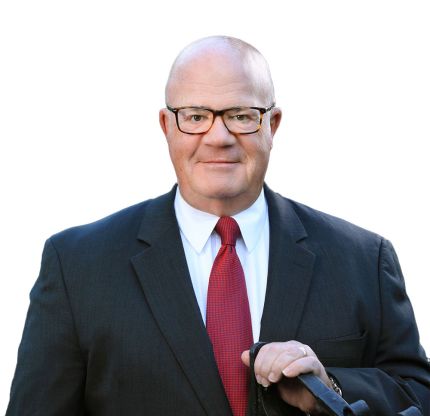
Six Blind Funeral Directors – 2nd installment
Six Blind Funeral Directors – 2nd installment
A Rational Approach To The Future
Last week we explored the theoretical approach to our future using the allegory of the Six Blind Funeral Directors. This week we explore a Rational Approach.
Our first question is: What do we know?
We know that our market has changed and most of us have not. We know that the public wants something different, but we aren’t sure what it is. We know that we are spending more time explaining our value to the public and to ourselves than we used to. We also know we aren’t completely sure what our value is…at least, in consumer terms. We know what customers should do and at the same time we know what they don’t want to do.
30 years ago, our product was simple. Society defined what to do when someone died and thereby defined value. Consumers only had two choices to make: which funeral home to use and what merchandise to buy. Today, our product is complex. Society is no longer dictating what to do but it is inferring what not to do. So, the definition of value has become ambiguous. Without the necessary clarity value defaults to price. For the first time in our country’s history, doing nothing is an option.
Rationally, we must be assertive in defining value and expressing it in a way that connects with the public. This is both difficult and stressful because funeral service has always been passive, unobtrusive and servile in its relationship with the market. When societal norms were in our favor, that made sense. But if we want to reverse current trends, we are going to have to take responsibility and become assertive. Fortunately, there is much to say in our defense…we just have to say it in the right way.
The second question is: What is the right way?
Consumers are already telling us the answer. They want a collaborative interactive approach. They want the funeral director to be more active as a mentor and muse helping them define meaning and a realistic, practical way to express why the life of the deceased mattered. It really isn’t any harder than that.
The conventional arrangement conference has highly transactional overtones. When society told us what to do, that made sense. Consumers, today, find that approach objectionable. So, our first step is to learn how to make funeral arrangements in collaborative ways with mutually beneficial outcomes. I like to refer to that method as “Appreciative Inquiry.” I borrowed that term from Organizational Theory. If you look up the definition in Wikipedia it will give you a good idea of how it is different.
Some of you are aware that Danny Jefferson and I have launched a consulting company called Two Guys and a Question. We train funeral directors how to Merchandise their Service Charge. We rely heavily on appreciative inquiry which results in greater bonding with family. That, in turn, creates a safe environment for people to explore options. This exploration results in increased average sale as well as increased volume.
Next week: Chapter 3 A Contextual Approach
Our Blogging Expert

Business Consultant / Owner
Popular Articles

